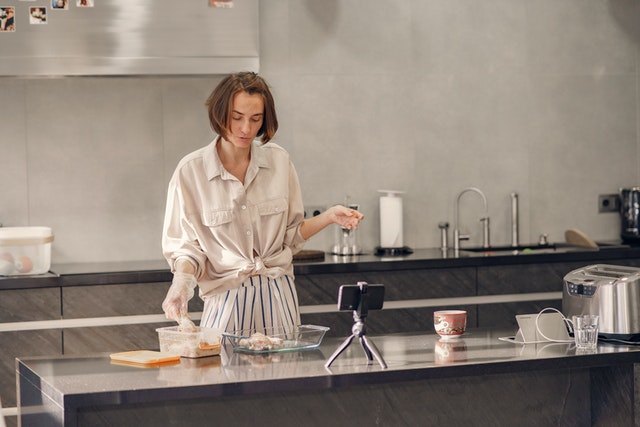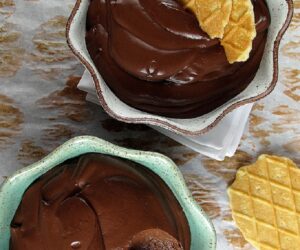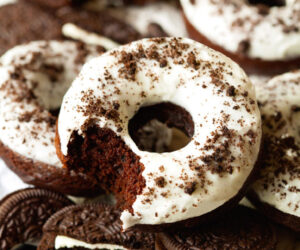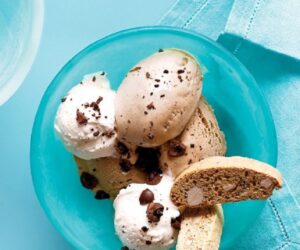
Everyone craves baked food items because of how special they are. The aroma of baking and the beauty of baked goods is enough to consider baking an art. If baking is an art, choosing the right bakeware is the first big step toward it. Identifying which baking utensil will be perfect for your kitchen is no less than the art itself.
Different baking pan materials work differently in the oven. Therefore, choosing the right one is essential before throwing in a baking recipe. In fact, one can find a significant difference in the baking time in each baking utensil material. Once you catch up with all the facts about them, you can easily adjust baking temperatures and times.
So, if you are also eager to make picture-perfect baked foods, this article will help you know certain things before choosing baking utensils.
The Bakeware Material
There is no complete set of baking appliances because each has pros and cons. Those trying to set their hands to baking should possess some basic knowledge about baking material. The most common baking tools are made of copper, tin, and aluminum. These are usually the best conductors of heat, something essential for baking. So, baking food in these materials can be done in minimal time at a moderate temperature.
Besides these, here are some of the quick tips –
- If you are looking for baking tools that retain heat for a long time, choose stone or cast-iron materials.
- Ovenproof glass and silicone have become famous in recent times as baking materials.
- Stone and cast-iron baking tools have some of the most negligible chances of having a material-borne food reaction.
- Ovenproof glass does not absorb odors after baking.
The Aesthetic Appeal
Nearly all baking materials score satisfactorily on the test for aesthetic appeal. In fact, aesthetic appeal and functionality are like a heavenly match. In regards to aesthetic appeal, the best ones are undoubtedly ceramic and porcelain baking utensils. Besides, they are easily cleanable and are non-absorbent to odor like glass. Regardless, other baking tool materials like aluminum or tin also look equally attractive.
The Thickness of the Baking Tool
One must remember that baking tools with a heavy-gauge metal results in more even food baking. It is because of the resisting dents that prevent food deformity at high temperatures. Although thin baking tools become heated faster and at low temperatures, they are usually more prone to burnt food if not checked within time.
Easy Handling
Baking utensils that focus on easy handling provide a better emphasis on cooking safety. Look for baking tools that are equipped with anti-slip silicon handles or grips. They might even come as extensions but overall contribute to the handling factor. Having easily held baking utensils reduces the risk of burn when taking them out hot from the oven.
Wrapping Up
It is equally important to buy Bakeware from trusted and reputed brands to bake picture-perfect baked foods. Because baking tools should not be bought solely on their heat-tolerating capabilities. When buying, one needs to take care of food hygiene, food safety, long-term sustainability, etc. Reputed baking apparatus companies will focus equally on all these aspects.



